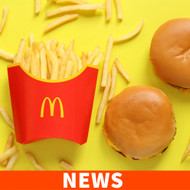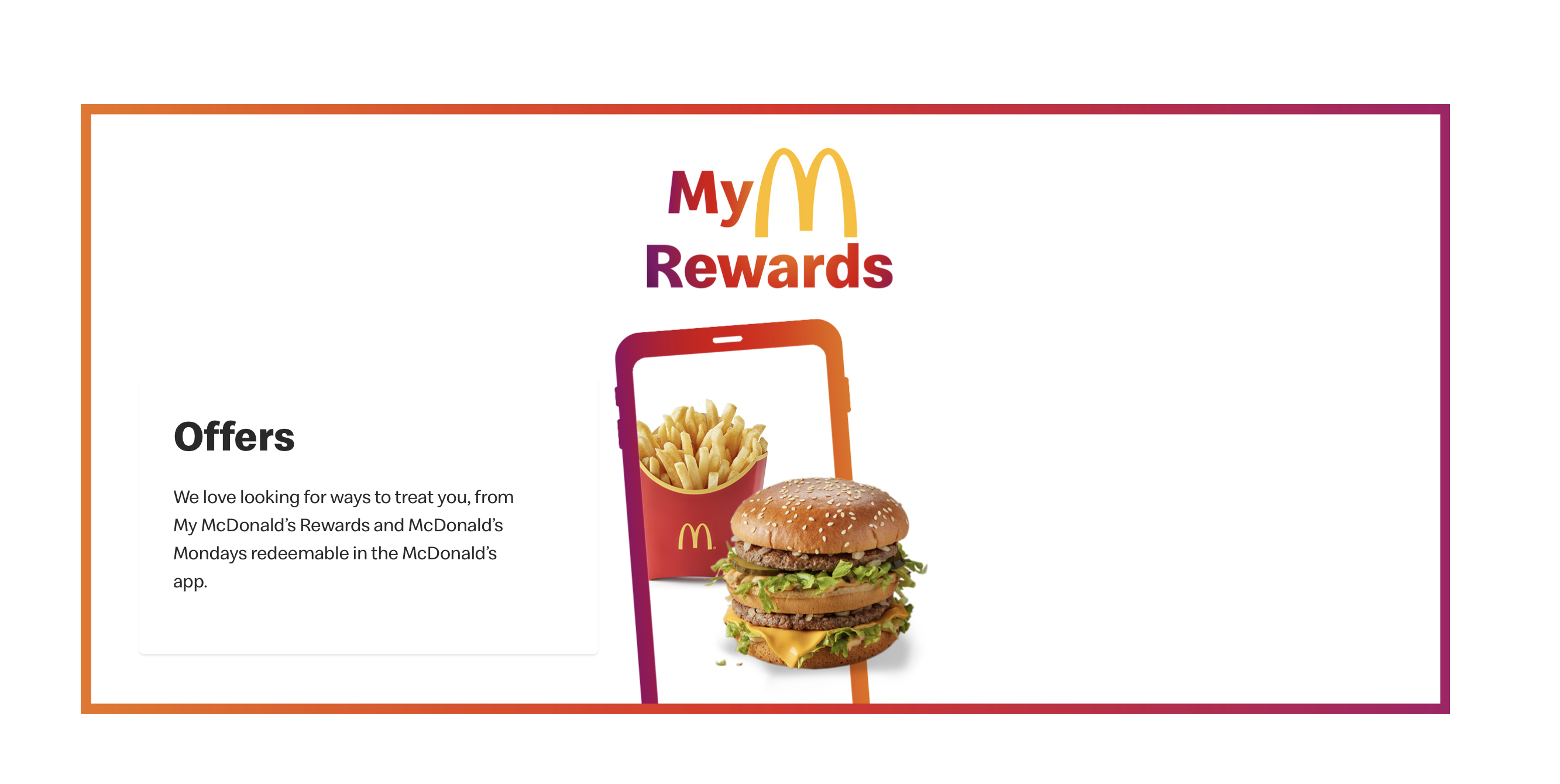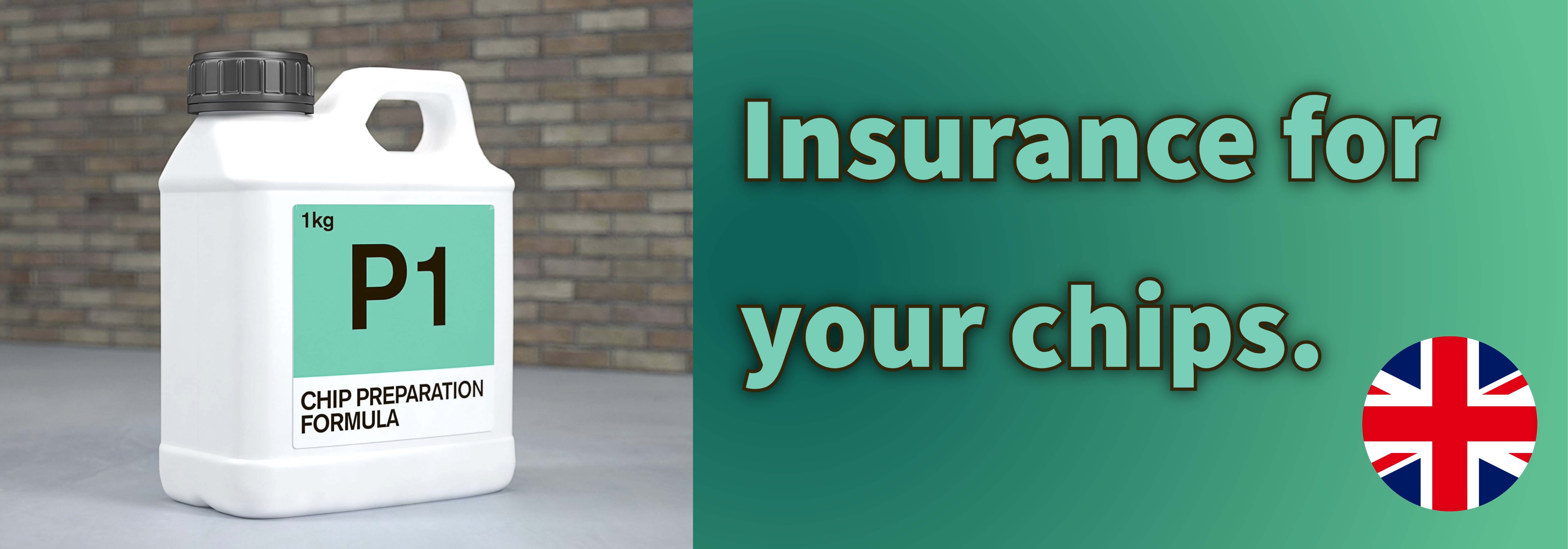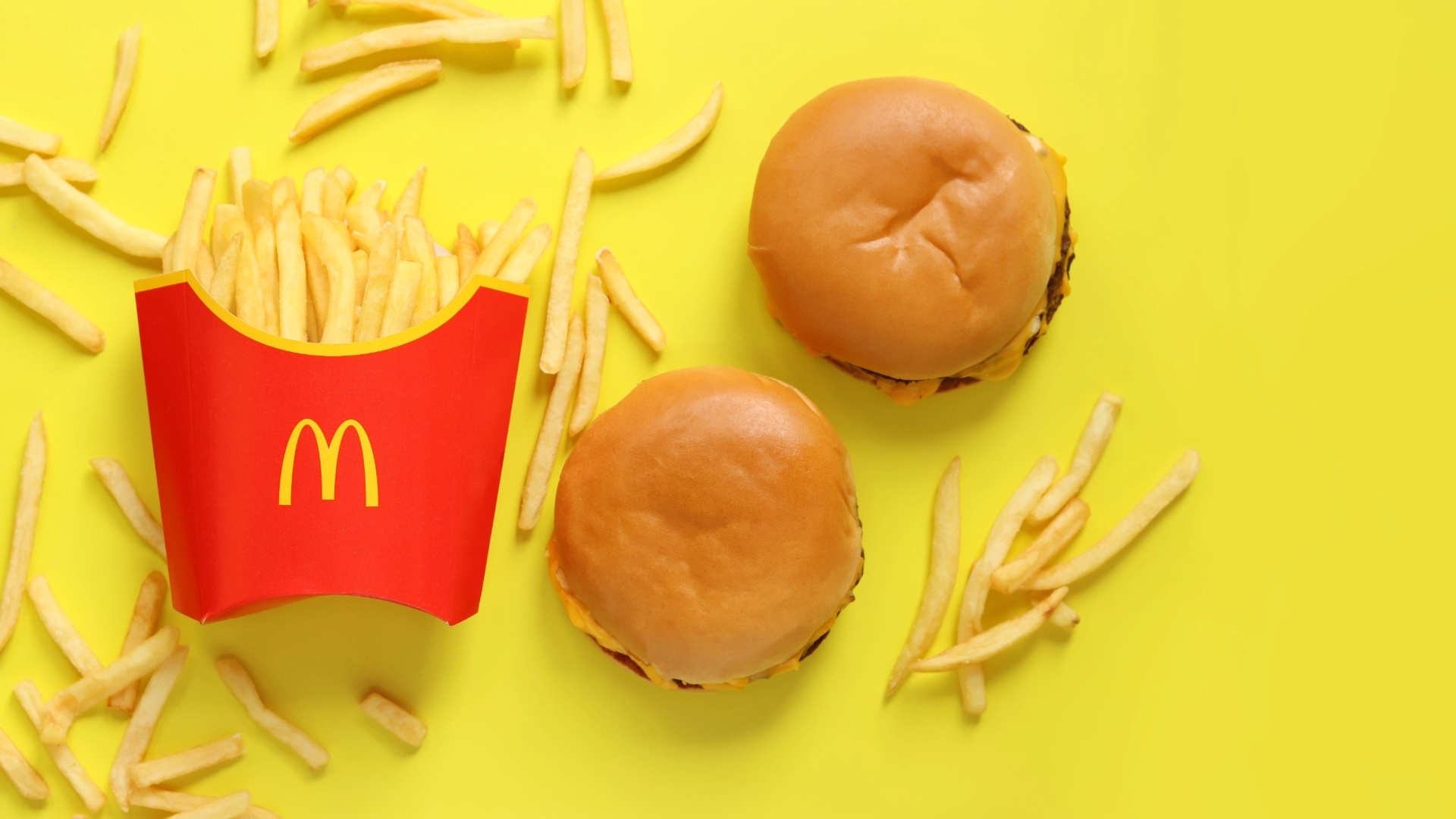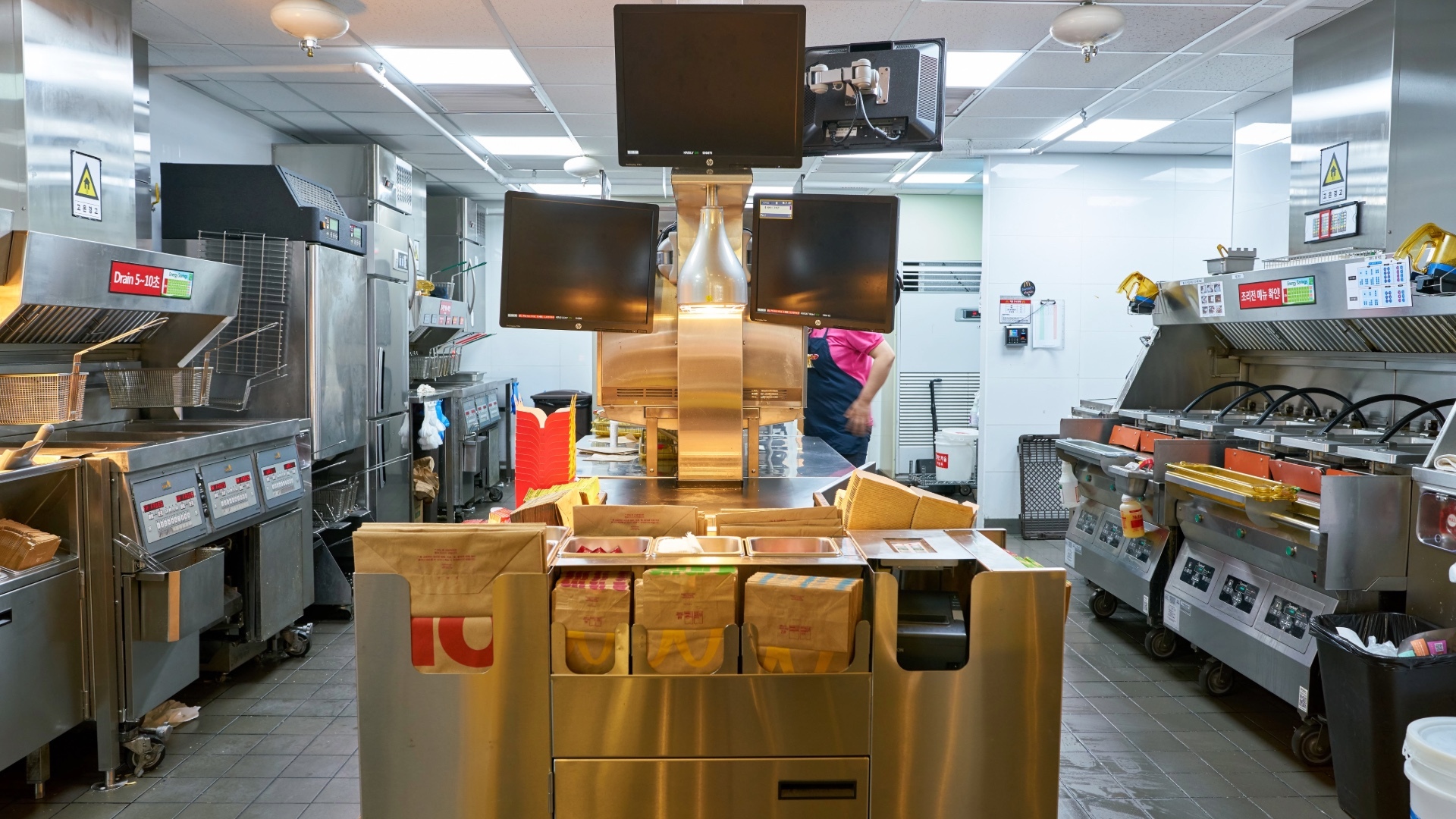McDonald’s returns to its roots as value reignites growth
Posted by Emma on 6th Nov 2025 Reading Time:
In an era when consumer wallets are tightening and household budgets are stretched thin, McDonald’s is leaning into nostalgia and value to reignite growth. The company’s recent performance paints a picture of both resilience and reinvention, with value-led promotions and iconic menu revivals proving critical in capturing consumer attention.
Across the fast-food landscape, chains have been racing to attract price-conscious diners. McDonald’s has emerged as the most effective player in this competitive space — not by introducing new trends, but by returning to the tried and trusted.
Value at the heart of the comeback
McDonald’s beat analysts’ expectations for global same-store sales in the third quarter of 2025, achieving a 3.6% increase despite subdued industry traffic. The turnaround was fuelled by the enduring appeal of affordable dining. Offers such as the long-running $5 Meal Deal and the reintroduction of Extra Value Meals have been instrumental in drawing customers back into restaurants .
In a move that echoed its early 2000s heyday, the brand’s decision to reintroduce the much-loved Chicken Snack Wrap created a surge in engagement. Within the first month of its return, one in five customers added the item to their order — a result that exceeded expectations .
Chief Executive Chris Kempczinski noted that these efforts were not short-term gimmicks but strategic investments in customer loyalty. McDonald’s, he said, aims to measure success by increasing traffic among lower-income households — a segment hit hardest by inflation — while maintaining affordability for all diners.
Nostalgia as strategy
The return of the Snack Wrap and the revival of the Monopoly promotion have not simply been marketing moves. They form part of a deliberate nostalgia-driven strategy designed to reconnect the brand with consumers’ fond memories while fostering future loyalty .
In the UK and globally, McDonald’s app now plays a central role in these campaigns. App-exclusive promotions, digital Monopoly codes, and loyalty incentives have boosted repeat visits significantly, with registered users visiting nearly three times more frequently than non-app users. For a brand competing in a digital-first world, such engagement marks a significant shift from its traditional model of convenience-based transactions.
Nostalgia, however, serves a dual purpose. It reassures consumers in uncertain times and rekindles emotional ties that were first formed in childhood. By bringing back familiar menu items and iconic mascots like the Hamburglar and Grimace, McDonald’s is not merely indulging sentimentality — it is cultivating brand resilience.
Balancing margins and market share
The challenge for McDonald’s lies in balancing short-term profitability with long-term customer retention. The company has committed substantial resources to subsidise its value offers, reimbursing franchisees for half the cost of price reductions on Extra Value Meals — an initiative that cost $75 million in the fourth quarter alone.
These subsidies, while squeezing immediate margins, serve a broader purpose: preserving traffic and market share during a period when economic uncertainty continues to deter discretionary spending. CFO Ian Borden emphasised that McDonald’s financial strength allows it to sustain these initiatives when competitors cannot.
The results are clear. While many rivals such as Chipotle and Yum Brands have faced declining sales, McDonald’s has gained market share at both the high and low ends of the consumer spectrum . Its diversified international performance — notably in Germany, Australia, and Japan — has provided crucial balance, with overseas markets growing faster than the U.S.
Lessons for the wider hospitality sector
McDonald’s current trajectory offers valuable lessons: When consumer confidence weakens, the power of perceived value becomes paramount. Customers are not necessarily seeking the lowest price; they are seeking fairness, comfort, and familiarity.
Independent operators can apply similar strategies by reviving popular dishes, introducing bundled offers, or leveraging loyalty schemes to drive repeat trade. In uncertain economic times, businesses that combine affordability with authenticity can foster long-term loyalty and brand trust.
McDonald’s success story underscores that in a world obsessed with innovation, sometimes the most powerful way forward is to look back — and to remind customers why they loved you in the first place.

